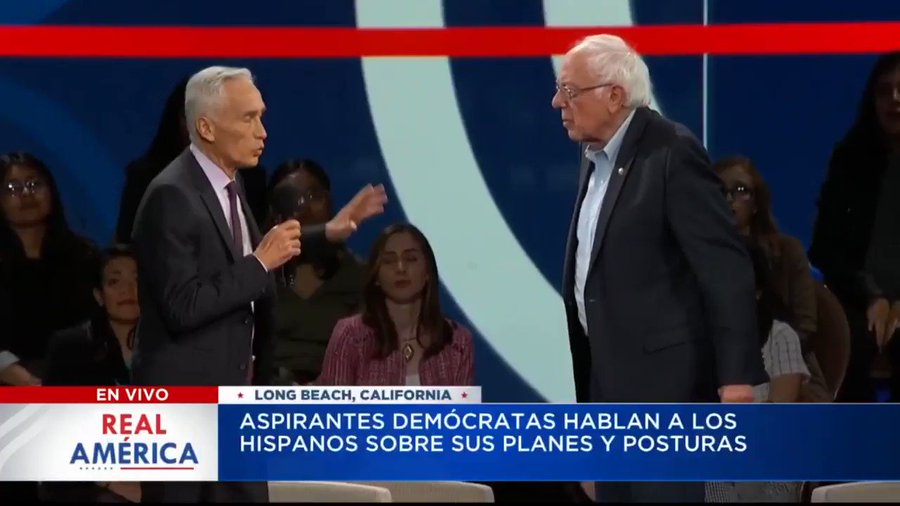'Pinochet-Style Dictatorship': Bolivia's Coup Government Threatens to Arrest Leftist Lawmakers and Journalists
Published on
by
"Bolivia is living through a violent, regressive, completely undemocratic power grab. All governments must sever relations with this illegal regime."
by

Bolivia's self-declared interim president Jeanine Anez talks during a conference at the presidential palace on November 13, 2019 in La Paz, Bolivia. (Photo: Javier Mamani/Getty Images)
As indigenous-led protests against the military coup that ousted Evo Morales continued in the streets of Bolivia over the weekend in the face of violent repression by police forces, the government of self-declared Interim President Jeanine Añez on Sunday announced the creation of a "special apparatus" to arrest elected lawmakers from the majority Movement for Socialism party.
The Bolivian newspaper Los Tiempos reported that government minister Arturo Murillo announced plans Sunday to publish a "list" of leftist lawmakers he said are guilty of "subversion." Last week, Murillo vowed to "go hunting" for Morales' former top minister Juan Ramón Quintana, who has been forced into hiding.
In response, journalist Ben Norton said the Bolivian government is behaving like a "Pinochet-style dictatorship."
"Bolivia's far-right coup regime is become more authoritarian and murderous by the day," Norton tweeted Sunday.
Murillo's announcement came just days after the coup government's communications minister, Roxana Lizárraga, threatened to arrest journalists and members of the media "involved in sedition."
Evo Morales’ party, MAS, controls 2/3 of the legislature. The new self-declared ruler is promising to arrest those democratically elected lawmakers. US media utterly silent. twitter.com/jmkarg/status/…
"This is outrageous and is correctly called a coup," environmentalist and author Naomi Klein said following Murillo's comments. "Bolivia is living through a violent, regressive, completely undemocratic power grab. All governments must sever relations with this illegal regime."
Last Tuesday, as Common Dreams reported, Añez declared herself interim president of Bolivia despite lacking the constitutionally required number of lawmakers to approve her appointment. Añez's move was decried as illegitimate and undemocratic by socialist lawmakers and ordinary Bolivians, who rallied in the streets in protest.
Since seizing power, Añez—a right-wing lawmaker with a history of racist attacks on indigenous people—has moved quickly to drag government policy to the right.
As the New York Times reported:
Añez's revival of Catholic rituals in public events has caused more than a little discomfort because the Constitution defines Bolivia as a secular state. Her religious zeal has also caused concern among some Indigenous groups who associate Catholicism in politics with the former conservative governments that had long treated them as second-class citizens.In a further shift from Mr. Morales' focus on Indigenous rights, Ms. Añez has filled her cabinet with politicians from the country's eastern lowlands, which are dominated by Bolivians of mixed or European descent. Many of her ministers have been staunch opponents of Mr. Morales' socialist policies or have served in previous conservative administrations.The most radical changes have come from the Foreign Ministry. In just a few days, Ms. Añez, has cut Mr. Morales' alliances with leftist governments in the region. She broke off relations with President Nicolas Maduro of Venezuela and kicked out hundreds of Cuban doctors working in the country.
Additionally, the Times noted, Añez "issued a presidential decree exempting the military from criminal prosecution when maintaining public order." A day later, Bolivian security forces opened fire on indigenous anti-coup protestors in the city of Cochabamba, killing at least eight people and injuring dozens more.
Most lawmakers and presidential candidates in the United States have been completely silent about the military coup in Bolivia, even as the nation's military guns down peaceful demonstrators in the streets.
One of the few exceptions, 2020 Democratic presidential candidate Sen. Bernie Sanders (I-Vt.), once more condemned the coup during a forum hosted by Univision Saturday night.
"When the military intervenes... in my view, that's called a coup," Sanders said.
Watch:
"@evoespueblo did a very good in alleviating poverty and giving the indigenous people of Bolivia a voice that they never had before... At the end of the day,it was the military who intervened in that process. When the military intervenes... that's called a coup" #RealAmericaForum
7:32 AM - Nov 17, 2019Our work is licensed under a Creative Commons Attribution-Share Alike 3.0 License. Feel free to republish and share widely.







0 Comments:
Post a Comment
Subscribe to Post Comments [Atom]
<< Home